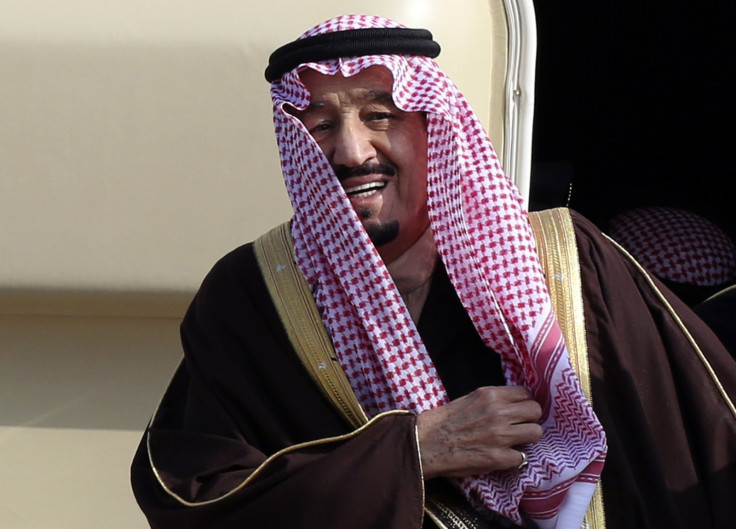King Abdullah dies: Who is the new Saudi Arabia's king Salman?

Saudi Arabia's new king, Salman bin Abdulaziz, has quickly ascended to the throne of the oil-rich Sunni-ruled kingdom nominating the country's interior minister as deputy crown prince. Muhammad bin Nayef is second in line to the throne after his designated successor, Crown Prince Muqrin.
A 79-year-old popular royal veteran, King Salman takes the helm at a crucial, difficult time for the Gulf kingdom. Externally, Saudi Arabia is engaged in an oil price war with the United States - who are fighting to take control of the market thanks to their shale-oil upstarts. The regime is also irritated by the possible US deal with the arch-enemy and main contender for power in the region, Shiite Iran, and increasingly worried about the Islamic State's rise in Iraq and the standoff with Houti rebels in Yemen.
At home things are not going any better, as the decades-old crackdown on human rights and dissent is finally reverberating abroad with the case of Saudi blogger Raif Badawi, sentenced to 1,000 lashes for creating an online forum for public debate.
The cruel ruling caused an international outcry not only among human rights campaigners such as Amnesty International, but also with allies to the Gulf kingdom. UK foreign secretary Philip Hammond referred the case to the Saudi ambassador to Britain during a conference and the late king Abdullah was forced to refer the case to the Supreme Court for review.
After the death of King Abdullah, the new monarch has said that his regime "will continue adhering to the correct policies which Saudi Arabia has followed since its establishment". He also made a passing reference to the chaos clenching the Middle East and the rise of the Islamic State in Syria and Iraq.
A respected leader for decades who governed Riyadh from 1963 to 2011, King Salman had a mediator role in royal family disputes between liberals and conservatives. In 2011 he was appointed defence minister but his failing health - he had a stroke which has left him with limited movement in his left arm and is thought to be suffering from back problems and dementia - prevented him from leaving a significant mark in the role, with the exception of the 2014 US-led airstrikes in Syria against the Islamic State.
As governor of Riyadh, he oversaw its transformation from a remote desert town to a vibrant metropolis packed with universities, luxurious hotels and shopping malls. His authority derives mainly from being one of the seven Sudairi Seven, seven sons born to the country's founder Abdulaziz bin al-Saud (Ibn Saud) and Hassa al-Sudairi, a powerful woman from the Riyadh region and a favourite of Abdulaziz.
The late King Fahd was also one of the seven, as well as two crown princes who died before becoming king. The crown, in Saudi complicated system, is not passed by primogeniture, but handed from brother to brother among the 45 sons of Abdulaziz.
Salman was also involved in private business with the influential Research and Marketing group, one of the Arab world's largest media groups which publishes many newspaper in Saudi Arabia.
The appointment of his son, Prince Muhammad, born in 1980, as defence minister may by a sign of opening to the next, younger generation of Saudi princes who will soon take over the crown.
A burgeoning, metropolitan youth population - over half of the 20 million Saudis are under 25 - is pushing for jobs and reforms. It is now Salman's task to deliver for them.
© Copyright IBTimes 2025. All rights reserved.




















